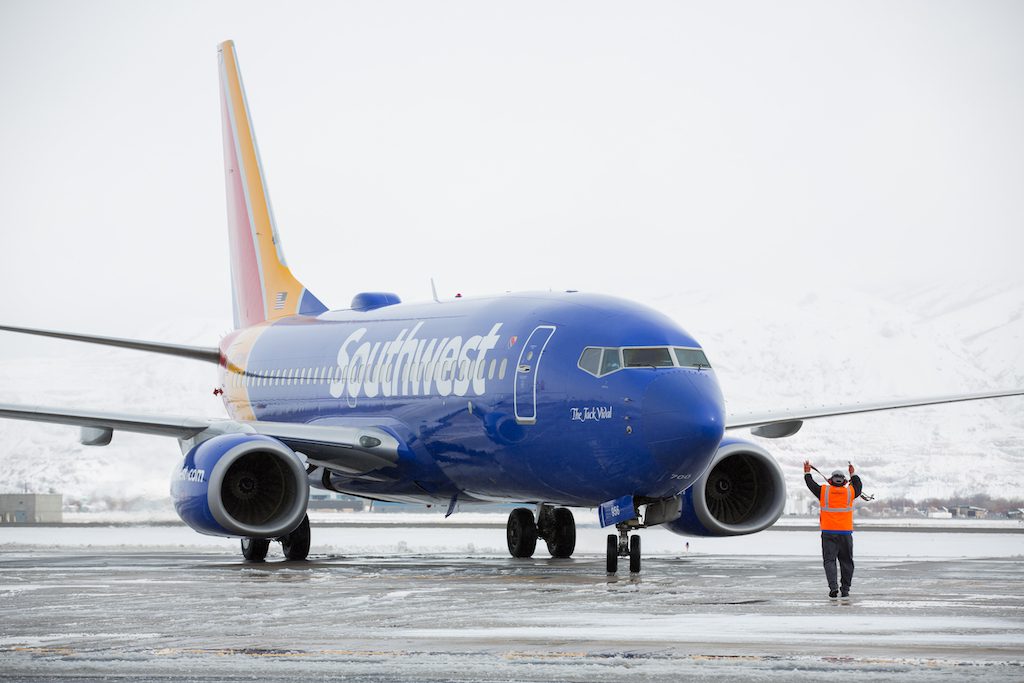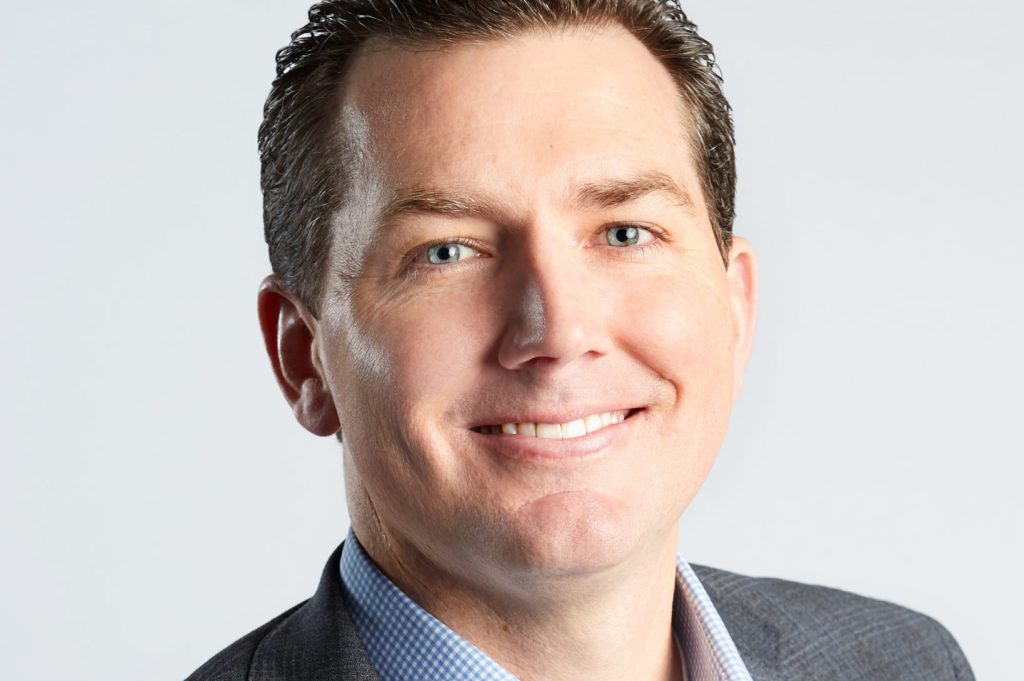Skift Take
The pandemic will have marred the first anniversary celebrations, but this fledgling corporate travel unit should have enough experience behind it to ride out the storm.
Southwest Airlines launched a dedicated corporate travel unit called Southwest Business in August last year.
The division took on extra account managers, set up a partner desk and signed new deals with distribution and ticketing technology companies; overall, a statement of intent it took corporate travel seriously.
Six months later, however, it was derailed by coronavirus. But one year on, its vice president is optimistic, as some of its refund solutions could become permanent features for customers, and help speed up recovery. At its launch last year, the carrier also predicted extra revenue of up to $20 million for the second half of 2020.
But that might have to wait. Many companies are keeping their travel freezes until January, and when restrictions do ease the number of business trips returning will likely be dented due to the influence of virtual meetings.
Meanwhile its own CEO, Gary Kelly, described any recovery as a “long, saw-toothed slog with a lot of unexpected twists and turns” after forecasts of 30 to 40 percent capacity for August, falling from July’s 40 to 45 percent. And United Airlines reckons it will fly only 35 percent of its originally planned schedule during the third quarter, as it reported the most difficult quarter in nearly 100 years.
Channeling Efforts
The executive behind Southwest Business is David Harvey, its vice president and a veteran at the airline with more than 20 years’ experience. “We have a saying here at Southwest: go where you grow,” he told Skift. “I’ve changed seats, and worn a lot of different hats, but my background’s in technology.”
Technology, or more specifically distribution technology, is the cornerstone of Southwest’s gradual push into business travel since it launched corporate booking tool Sawbiz in 2000.
Join Us For Our Skift Global Forum Online Conference September 21-23
Harvey claims Southwest was the first airline to market such a platform for businesses, and while it’s targeted to help small and medium-sized corporates book seats directly, larger companies are also using it.
But over the past 12 months, Southwest Business has evolved its distribution strategy by plugging into different retail channels. During the pandemic, airlines have reassessed how they sell tickets; Southwest is no different.
The airline signed new distribution agreements with Travelport and Amadeus in August last year. It’s worked with Travelport since since 2007, but is now enhancing that relationship. Amadeus goes live by the end of the third quarter.
Southwest won’t renew its contract with long-standing partner Sabre at the end of the year, however. Harvey said he didn’t see a path forward, citing “friction” when it came to amending tickets — common for corporate travelers that often change plans at the last minute. “As we look at our long-term strategy, that platform is limiting. We’ve been actively negotiating for two years. We need to move on,” he said.
The new strategy also involved joining ATPCO’s New Distribution Capability Exchange in July last year just before the launch of Southwest Business. ATPCO, formerly known as the Airline Tariff Publishing Company, is an airline-owned fare clearinghouse and technology provider.
By joining this exchange, Southwest Business can promote a range of fares with technology-focused agencies like TripActions and Amtrav, as well the newer startup agencies.
Decades of Change
The strategy also involved “turbocharging” its corporate and government customer base over the past couple of years, and expanding its sales team. “A lot of folks first instinct is we’re more leisure orientated, which isn’t the case … Southwest has not historically focused on the business segment, we’d pick up business traffic due to our customer-friendly policies, and network,” Harvey noted. “That wins business traffic, without doing the things you need to do. Now we’re being good listeners.”
The year 2020 will go down in history as one of the worst in aviation history, but
Harvey sees a pattern emerging. “We only do big things every decade,” he said. “In 2000 and 2010, no airline had a stellar performance with the recessions and 9/11, so we started taking a closer look at what we wanted to do over the five and ten-year horizons, so I had the opportunity to build a corporate strategy that played into our Airtran acquisition.”
Southwest bought AirTran in 2011 for $1.4 billion, and in 2014 combined the fleets under its own brand.
Looking beyond 2020, it comes back to the technology. Harvey has reflected on the chaos caused by the refund situation and an industry that was either unable or unwilling to quickly refund billions of dollars back into the pockets of customers who had flights canceled.
Airlines are now being more flexible. Prior to Covid, unused tickets went back to the “named” traveler. With the wave of cancellations, companies became overwhelmed by the volumes of unused tickets they had available, and the situation was worsened by the fact many companies would have laid off, or furloughed, employees whose names were on those tickets.
As a result, Southwest Business developed a “funds management” solution and converted the unused tickets into other forms of payment not tied to a specific traveler. In particular, converting these funds to a UATP card that can only be used for future Southwest travel was a hit with customers, Harvey said. UATP’s corporate card is a global payment solution, owned and operated by the world’s airlines, so is commonly used in the industry.
“We haven’t decided how long we plan to keep this solution available for all accounts, but it’s definitely something that may make sense as a part of our toolkit going into 2021,” he added.
Register Now For Skift Global Forum, Happening Online September 21-23
The Daily Newsletter
Our daily coverage of the global travel industry. Written by editors and analysts from across Skift’s brands.
Have a confidential tip for Skift? Get in touch
Tags: airlines + transport, amadeus, ATPCO, corporate travel management, sabre, southwest airlines, travelport, tripactions
Photo credit: Southwest Airlines cold weather operations in Salt Lake City, Utah. Stephen M. Keller / Southwest Airlines

